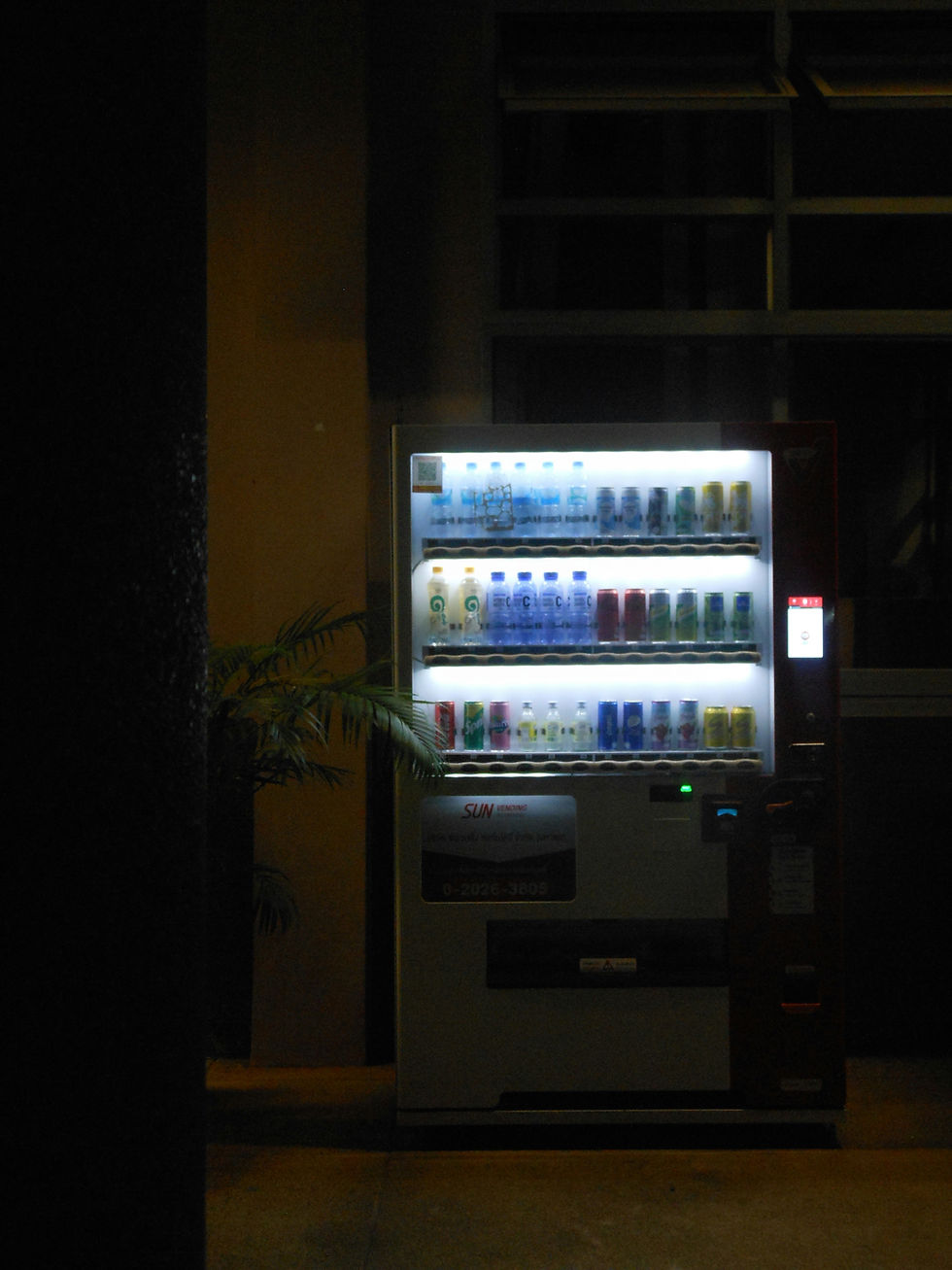Refreshment focuses on the water dispenser/cooler, office coffee service and vending sectors, while also taking an in-depth look into products for vending from bottled water and drinks, to snacks and confectionery. It also focuses on hydration, health and wellness, new technologies and environmental and social responsibility issues.
Research
Coffee & tea

Singapore-based food tech start-up Prefer has raised $4.2 million in an oversubscribed funding round and launched its first commercial products: Soluble coffee and cocoa powders made from food manufacturing byproducts such as rice and soy.
The round, which brings Prefer’s total equity raised to $6.2 million, was led by At One Ventures and Chancery Hill Capital, with participation from existing investor Forge Ventures.
Prefer uses a proprietary fermentation and roasting process to develop flavours that replicate the taste and functionality of coffee and cocoa. The company says its coffee has up to 85% lower emissions and costs 50% less than traditional Arabica. It supplies to FMCG brands, food manufacturers, private label retailers and flavour houses.
The startup has secured its first international commercial partnerships. In Thailand, Prefer is working with Ajinomoto Co (Thailand) on sustainable coffee beverage innovations. In Australia and New Zealand, it has partnered with The Coffee Ferm, which will license Prefer’s flavour IP for local manufacturing and distribution.
Prefer’s coffee products are already available through Singaporean foodservice channels, including Melvados. The company plans to scale production through toll manufacturers in key markets, continue cocoa flavour R&D and expand its partnerships in Asia.
Jake Berber, co-founder and CEO, said: “With the support of our new partners, the quality of our new products and the grit of this team, we’re in a unique position to ensure coffee and cocoa are accessible to the masses while respecting our planet".
Helen Lin, partner at At One Ventures and board member at Prefer, added: “We’re in the early stages of a food system transformation, one that decouples beloved consumer products from environmentally harmful supply chains".
Related posts
2026 outlook: How the vending and water sectors are shaping a smarter, more sustainable future
Representatives from the Automatic Vending Association (AVA), the European Vending & Coffee Service Association (EVA), the Water Dispenser & Hydration Association (WHA) and Zenith Global offer their insights into how technology, consumer behaviour and legislation will shape the future of automated retail and hydration.
.png)

%20(1).jpg)

















